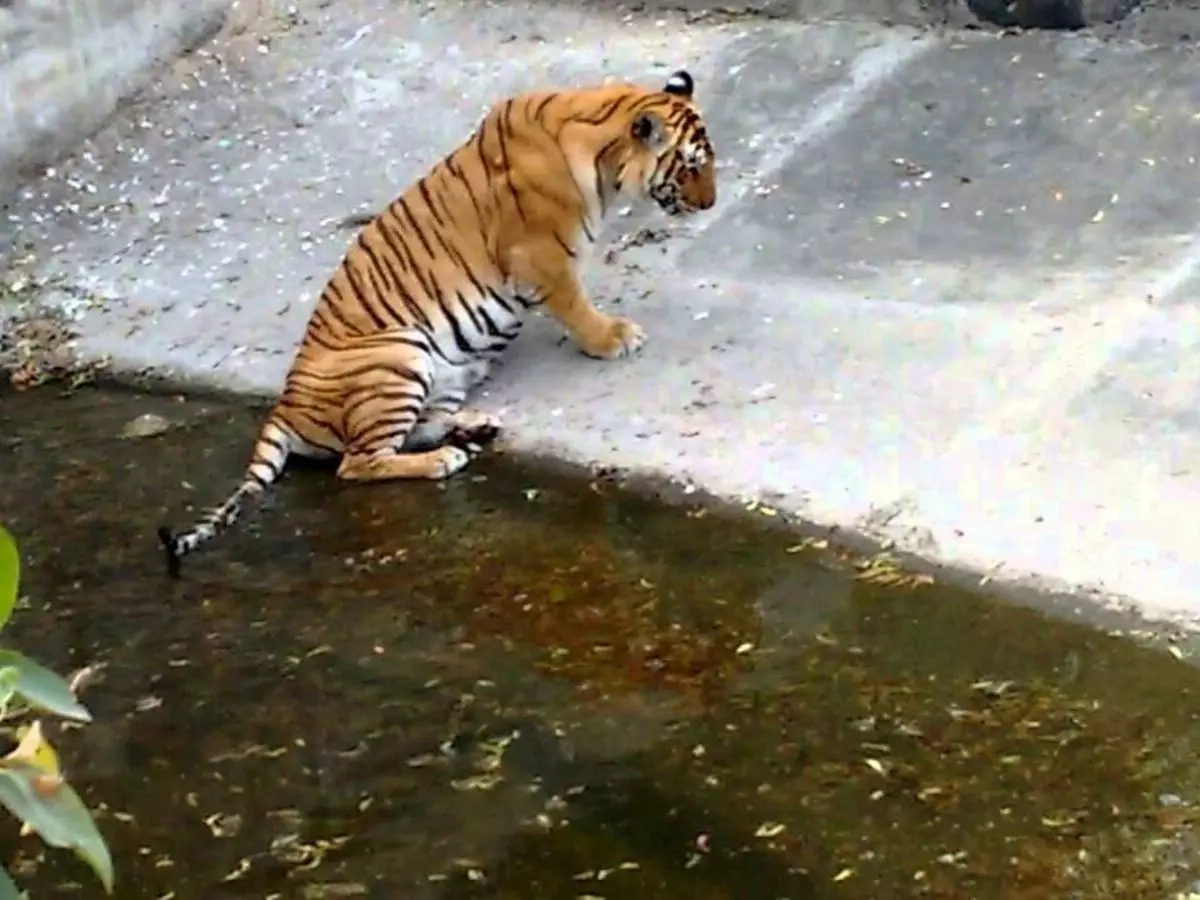As We Continue To Ignore Welfare Of Animals, Delhi Zoo Loses Another 8-YO Bengal Tiger To Kidney Failure
8-year-old Royal Bengal Tiger Rama died of multiple organ failure. The tiger had been ailing since July 27 this year. The animal had reportedly attacked a zookeeper Fateh Singh on September 10.

After the death of the Delhi Zoo's last Cape Buffalo, another member died of multiple organ failure and this time it was an 8-year-old Royal Bengal Tiger.
According to reports, the tiger named Rama started falling sick quite often and had been ailing since July 27 this year. A team of veterinary specialists from the Delhi government and Chhatbir Zoo, Chandigarh, conducted the postmortem in the premises of the zoo.

A blood report revealed that that animal had very high phosphorus content and creatinine levels in the blood which directly affected it's kidney.
The tiger was apparently brought from the Mysore Zoo back in 2014.
The zoo authorities had also called Dr NP Singh from Chhatbir Zoo, Chandigarh, who is an expert in treating tigers. The animal had reportedly attacked a zookeeper, Fateh Singh, on September 10 when he went to fill its water bowl.
Central Zoo Authority (CZA) member secretary SP Yadav had on Friday morning constituted a three-member committee to "inquire into the circumstances leading to the ill-health" of the Bengal tiger, according to the officials.

With the death of Rama, the zoo now has nine tigers: two Bengal tigers and seven white tigers. Animal rights activist Gauri Maulekhi said the tiger's death "hints at negligence on the part of the zoo administration".
"It is the duty of the veterinary officer to keep a continuous watch on the animals. Had the zoo administration conducted regular blood tests and medical check-ups, they would have come to know about the tiger's kidney failure," she said.
Maulekhi demanded an inquiry be ordered into the tiger's death, saying "foul play cannot be ruled out".
The zoo has been in the headlines recently over a large number of animal deaths and allegations of irregularities by staff.
According to a recently conducted census, the Delhi zoo recorded 245 deaths from April 2018 to June 2019 ¡ª the second-highest mortality figure in five years.
The zoo has lost around 10 species of animals, including chinkara, cassowary and ostrich, and 27 animal species do not have a mating partner.
